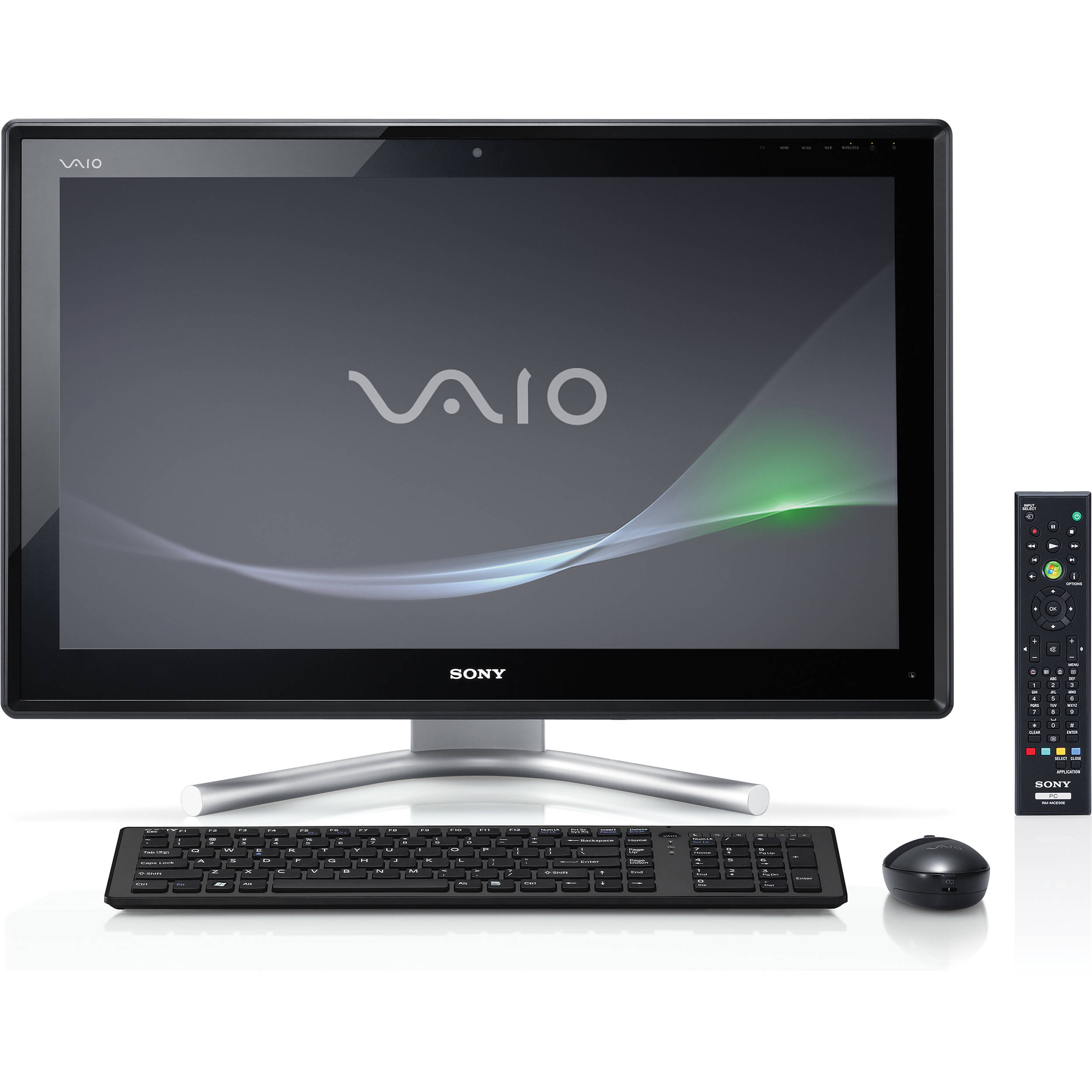I have an old Sony Vaio All-in-One model VPCL216FX that I'm looking to replace the hard drive in, however I'm not sure what the maximum size hard drive I can use in it is.
Best Buy has a 1 TB (which is the size it came with when I bought it used) for $49.99, but they also have a 4 TB hard drive for $109.99, but would my system recognize anything over the 2 TB's? I know BIOS is capped at a max of 2 TB (if I remember right) and UEFI would be able to use drives larger than 2 TB's. I can't really find anything on Google for my model. I'm currently running Window 10 on it.
Best Buy has a 1 TB (which is the size it came with when I bought it used) for $49.99, but they also have a 4 TB hard drive for $109.99, but would my system recognize anything over the 2 TB's? I know BIOS is capped at a max of 2 TB (if I remember right) and UEFI would be able to use drives larger than 2 TB's. I can't really find anything on Google for my model. I'm currently running Window 10 on it.


